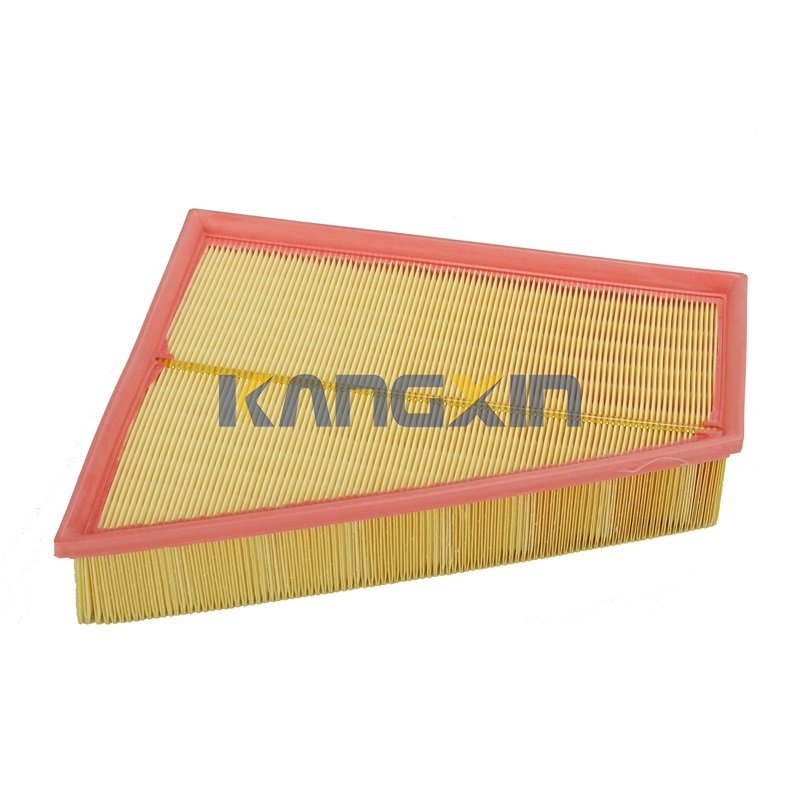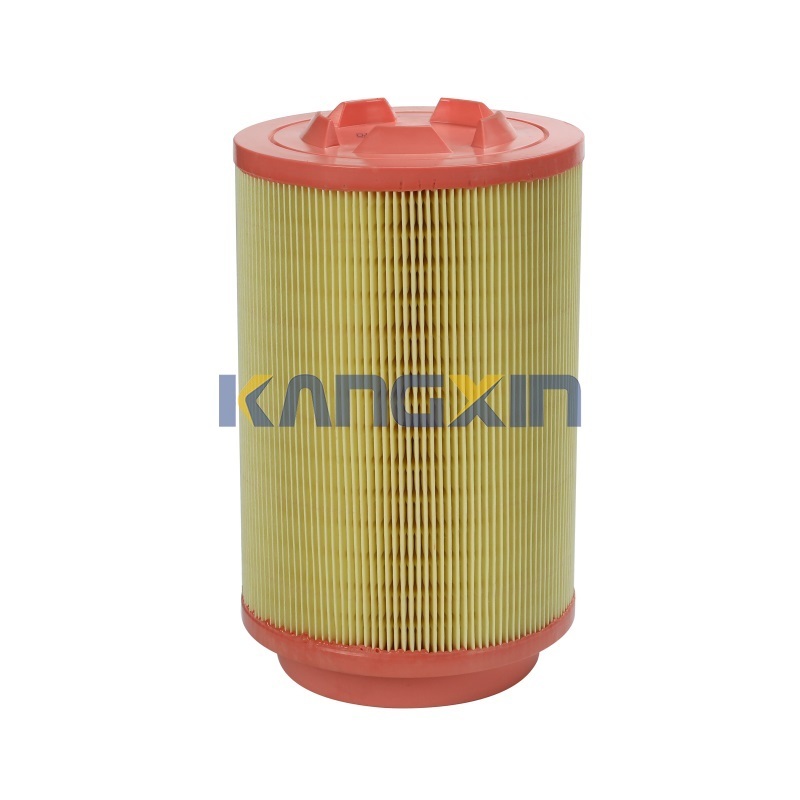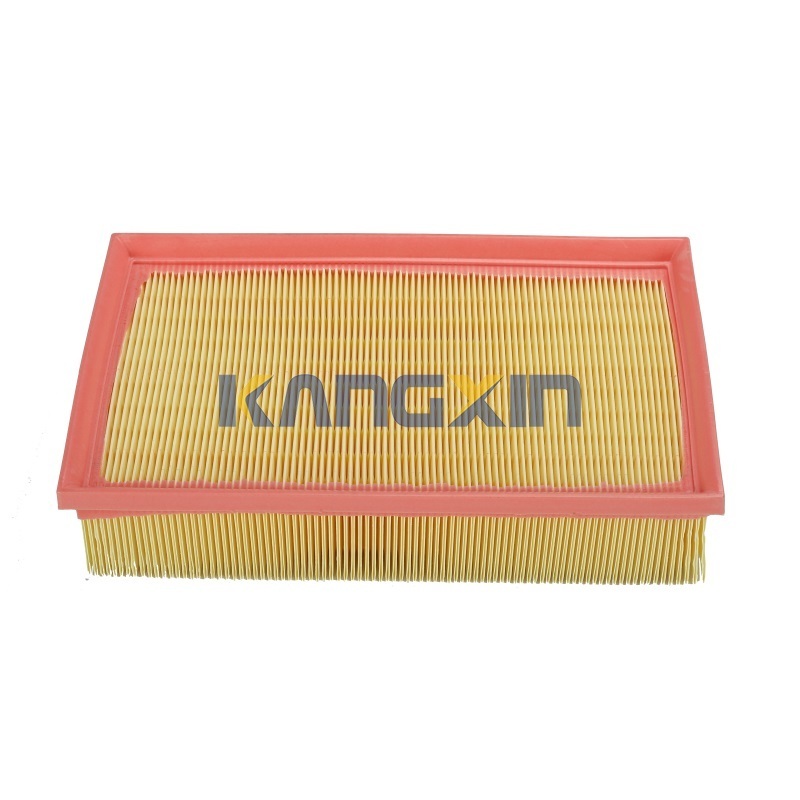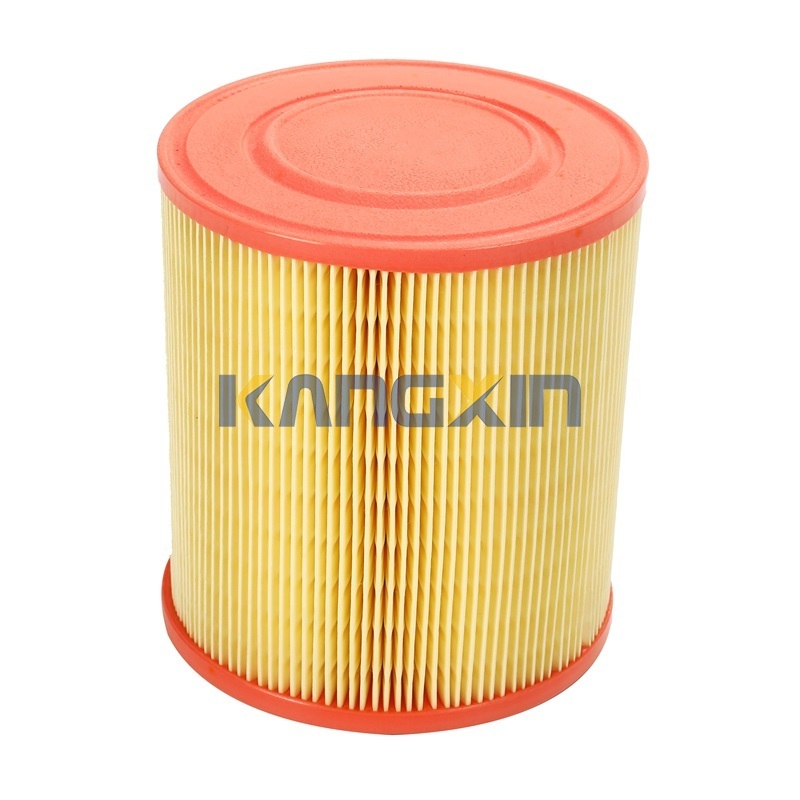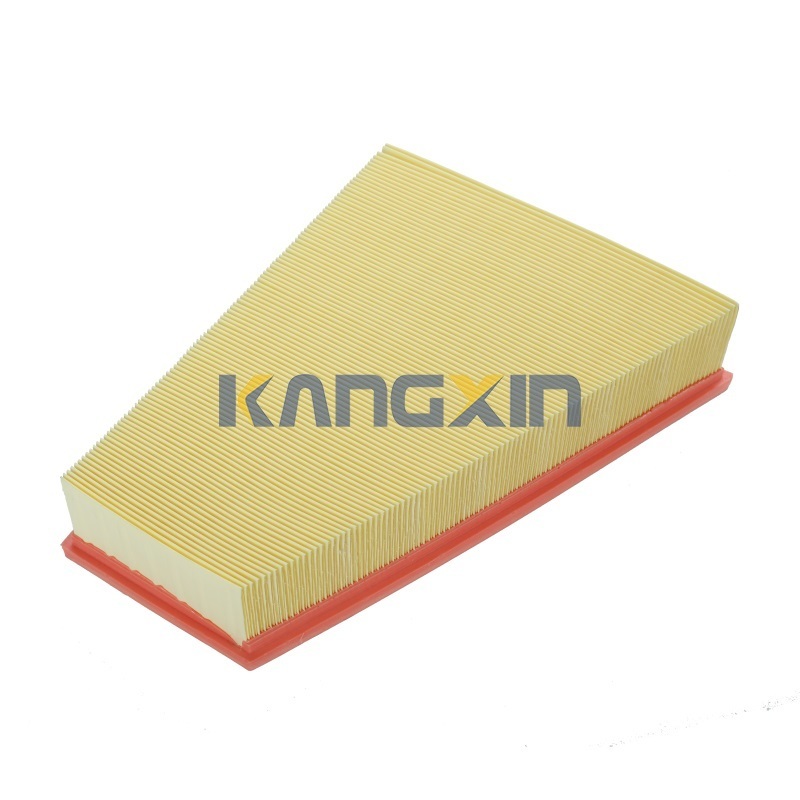All You Need to Know About Cabin Air Filters in Air Conditioning Systems
Release time:
2024-07-03
Cabin air filters play a crucial role in maintaining the air quality inside industrial equipment, especially in air conditioning systems. These filters are designed to trap dust, pollen, pollutants, and other particles, preventing them from entering the cabin and affecting the overall performance of the equipment. One of the main benefits of cabin air filters is that they help improve the efficien
Cabin air filters play a crucial role in maintaining the air quality inside industrial equipment, especially in air conditioning systems. These filters are designed to trap dust, pollen, pollutants, and other particles, preventing them from entering the cabin and affecting the overall performance of the equipment.
One of the main benefits of cabin air filters is that they help improve the efficiency of the air conditioning system. By preventing debris and contaminants from clogging the system, cabin air filters allow for better airflow and cooling performance. This not only ensures a more comfortable working environment but also prolongs the lifespan of the equipment.
Regular maintenance of cabin air filters is essential to ensure their effectiveness. It is recommended to inspect and replace the filters according to the manufacturer's guidelines, typically every 15,000 to 30,000 miles or once a year. Neglecting to replace a dirty or clogged filter can lead to decreased airflow, increased strain on the system, and reduced cooling capacity.
When choosing a cabin air filter for your industrial equipment, it is important to select a high-quality filter that meets the specifications of your air conditioning system. Consider factors such as filtration efficiency, material quality, and compatibility with your equipment to ensure optimal performance.
In conclusion, cabin air filters are an integral component of air conditioning systems in industrial equipment. By understanding their importance and following proper maintenance practices, you can ensure efficient operation and longevity of your equipment.
One of the main benefits of cabin air filters is that they help improve the efficiency of the air conditioning system. By preventing debris and contaminants from clogging the system, cabin air filters allow for better airflow and cooling performance. This not only ensures a more comfortable working environment but also prolongs the lifespan of the equipment.
Regular maintenance of cabin air filters is essential to ensure their effectiveness. It is recommended to inspect and replace the filters according to the manufacturer's guidelines, typically every 15,000 to 30,000 miles or once a year. Neglecting to replace a dirty or clogged filter can lead to decreased airflow, increased strain on the system, and reduced cooling capacity.
When choosing a cabin air filter for your industrial equipment, it is important to select a high-quality filter that meets the specifications of your air conditioning system. Consider factors such as filtration efficiency, material quality, and compatibility with your equipment to ensure optimal performance.
In conclusion, cabin air filters are an integral component of air conditioning systems in industrial equipment. By understanding their importance and following proper maintenance practices, you can ensure efficient operation and longevity of your equipment.
Keywords:
More information








